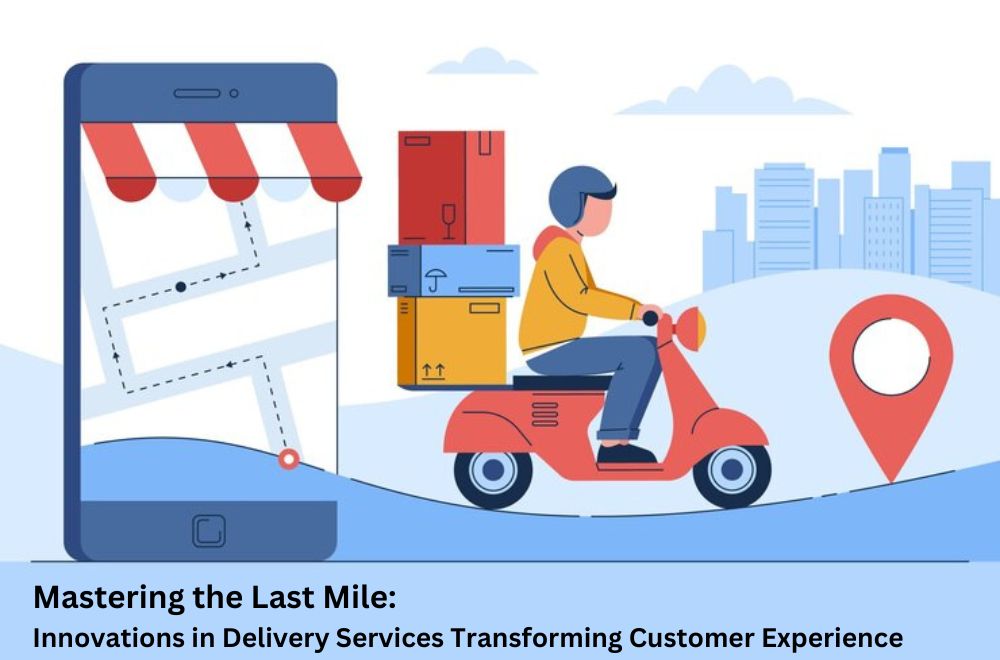Importance of Last Mile Delivery
The last mile is often the most complex and costly part of the delivery process,
accounting for a significant portion of overall logistics expenses. However, it is also the
most critical stage in terms of customer satisfaction, as it directly impacts the speed,
reliability, and convenience of deliveries.
E-commerce Boom
The rapid growth of e-commerce has intensified the focus on last mile delivery, with
consumers increasingly expecting fast and flexible delivery options. As online shopping
becomes more prevalent, retailers and logistics providers are under pressure to optimize
their last mile operations to meet rising customer expectations.
Technological Innovations
Technology plays a key role in optimizing last mile delivery operations. Innovations
such as route optimization software, GPS tracking systems, and real-time delivery tracking
enable companies to streamline delivery routes, improve efficiency, and provide customers
with accurate delivery estimates and updates.
Delivery Options and Flexibility
To meet the diverse needs of customers, delivery providers are offering a wide range
of options, including same-day delivery, next-day delivery, and flexible delivery time
windows. Additionally, services like click-and-collect, locker pickup, and in-home delivery
are gaining popularity, providing customers with greater flexibility and convenience.
Collaborative Delivery Models
Collaborative delivery models, such as crowdsourced delivery and peer-to-peer
delivery, are emerging as cost-effective alternatives for last mile logistics. By leveraging
existing networks of drivers and resources, companies can reduce delivery times and costs
while expanding their delivery reach.
Micro-Fulfillment Centers
Micro-fulfillment centers, located closer to urban areas and population centers, are
becoming increasingly popular for fulfilling last mile orders. These compact warehouses
enable companies to fulfill orders more efficiently and reduce delivery times by minimizing
the distance between the fulfillment center and the end customer.
Autonomous Delivery Vehicles
The rise of autonomous delivery vehicles, including drones and self-driving vehicles,
holds promise for revolutionizing last mile delivery. These technologies have the potential
to significantly reduce delivery times and costs while improving delivery accuracy and
efficiency, particularly in urban areas.
Sustainability Initiatives
With growing concerns about environmental sustainability, companies are exploring
eco-friendly delivery options, such as electric vehicles, bike couriers, and carbon-neutral
delivery services. By adopting sustainable practices in last mile delivery, companies can
reduce their carbon footprint and appeal to environmentally-conscious consumers.
In conclusion, last mile delivery is a critical component of the supply chain that directly
impacts customer satisfaction and loyalty. By embracing technological innovations, expanding
delivery options, and implementing sustainable practices, companies can optimize their last
mile operations and deliver exceptional customer experiences in an increasingly competitive
marketplace.













